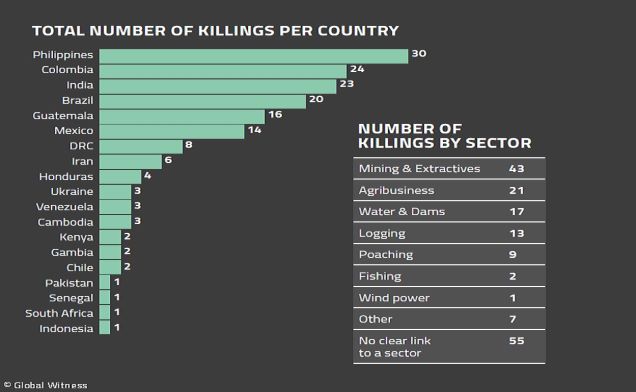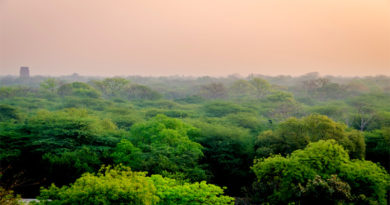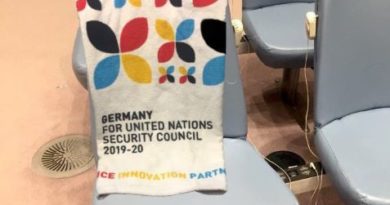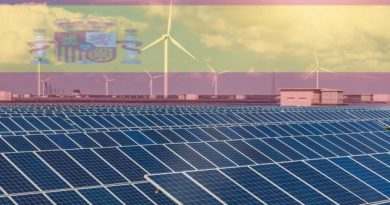India Ranks Third in World’s Deadliest Countries for Climate Crusaders
Climate change is threatening various groups that are exceptionally vulnerable due to its effect in countries like India, Philippines and Columbia. Climate crusaders are the latest victims and targets according to a study.

A controversial study by UK based non-profit Global Witness says India ranks third in the list of countries where climate crusaders have lost their lives in 2018.
The paper titled ‘The Enemies of the State’ makes a shocking revelation: more than three people lost their lives each week in 2018 for defending their land and the environment. The report highlights that the lives lost were due to attacks ‘driven by destructive industries like mining, logging and agribusiness’. “These are ordinary people trying to protect their homes and livelihoods, and standing up for the health of our planet. Often their land is violently grabbed to produce goods used and consumed across the world every day, from food to mobile phones to jewellery,” the report said.
The report also says that the figures that have been reported are an ‘underestimate’ as many deaths go unrecorded and further says that growing demand for land to meet consumer demand is driving deadly violence around the world.
In recent times, climate crusaders like Greta Thunberg, David Attenborough and Bill Nye have made not so subtle social pleas and a wave of environmentalists in every corner of the world have found their voice and raised it to call for emergency climate actions. These voices have shaken the throes of power, be it their parliaments or the cash-rich fossil industries that have been milking the resource-rich yet poor countries for decades.
Few highlights :
In 2018, Guatemala recorded the sharpest rise in murders which jumped more than fivefold to make it the deadliest country per capita.
The Philippines had the highest number of killings of any country this year, with at least 30 defenders murdered.
Mining was the worst sector, causing 43 deaths, though deaths related to conflicts over water sources also surged. Attacks driven by agribusiness, logging and hydropower continued too.
Private security groups, state forces and contract killers – sometimes working together – are all suspected of carrying out killings.
In some countries, the state is labeling defenders as terrorists or enemies of the state, as in the case of nine environmentalists who were jailed in Iran, accused of spying.
As we have seen with the crackdown on anti-fracking activism in the UK, governments and industry are also flexing national laws to outlaw protest.
These trends continue across the globe, helped by populist politicians who are stripping away vital environmental protections when we need them most, it adds.
India
In India, 13 people were killed in the biggest massacre that was documented by the study in 2018. This was in response to a protest over the damaging impacts of a copper mine in the southern state of Tamil Nadu. Residents had been protesting against a copper smelting plant owned by the Sterlite Copper subsidiary of Vedanta Resources, which they said was polluting the air and threatening the local fishing industry.
The world’s deadliest country for climate crusaders is the Philippines. The Philippines has consistently ranked as one of the deadliest countries in the world for people protecting their land or the environment. In 2018, the Philippines was the worst-affected country in sheer numbers, with 30 deaths, including the massacre on Negros island.
While this crisis is serious, it is not new. Vast natural resources and fertile soils have long attracted foreign investment to the Philippines, yet widespread corruption and a culture of impunity for unscrupulous companies has seen the profits disappear into the pockets of a tiny elite.
The Philippines is followed by South American country Columbia. More than half of 2018 murders took place in Latin America, which has consistently ranked as the worst-affected continent since Global Witness began publishing data on killings in 2012. One contributing factor is the region’s strong tradition of human rights activism. This means there are many groups working with land and environmental defenders and monitoring and reporting abuses.
The report has an in-depth analysis of the legal and illegal means that have been used in different parts of the world to silence the crusaders. To read more in detail, click here




